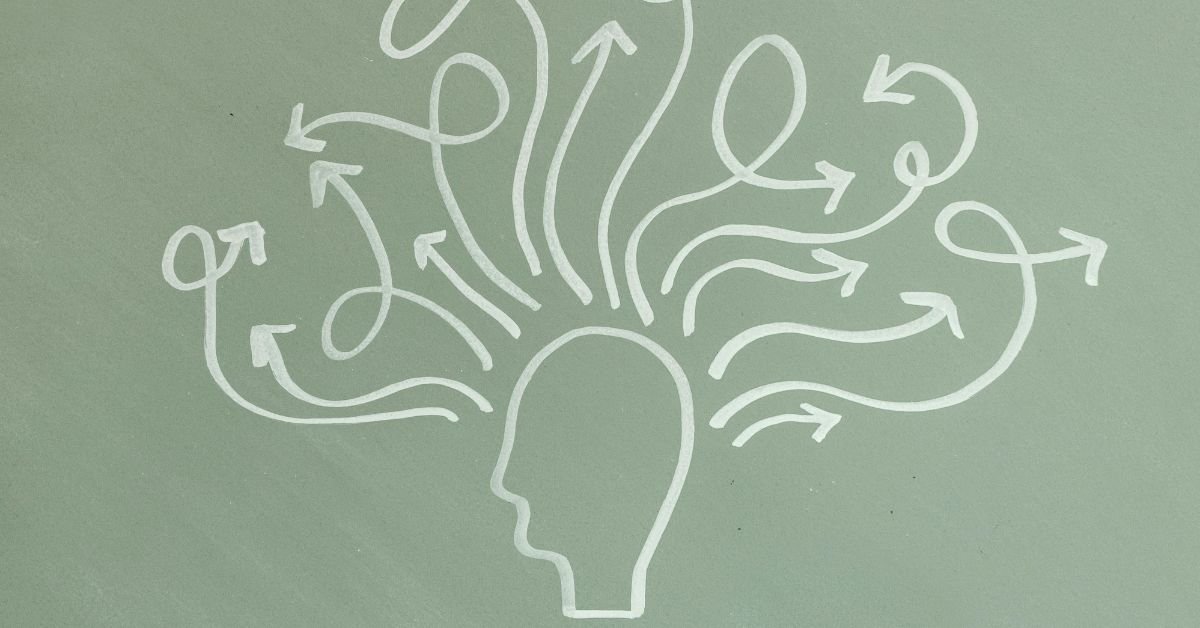Human behavior is intricate and sometimes perplexing, which is why The Enlightened Mind helps us comprehend it. The Enlightened Mind, the scientific examination of the mind and behavior, aims to achieve four main objectives:
Primarily, The Enlightened Mind provides a structure for researchers and mental health professionals to analyze the mind, recognize trends, and enhance our overall well-being and daily experiences.
Let’s explore the reasons behind psychologists pursuing psychology and how the insights they acquire are utilized to address practical issues.
The Major Goals of Psychology: Describing Behavior
In order to comprehend a behavior, it is essential to initiate by describing it. The portrayal of human and animal behavior aids psychologists in uncovering the underlying motivations. These descriptions also establish behavioral standards that aid in determining what is deemed as normal and abnormal.
Psychology scholars utilize a variety of research techniques to elucidate behavior, encompassing naturalistic observation, case studies, correlational studies, surveys, and self-report inventories.
Understanding Human Behavior: A Psychologist’s Approach
Psychologists often begin their research by closely observing human behavior to identify patterns and possible problems. By first understanding what is happening, they can then delve deeper into the reasons why certain behaviors occur and explore potential ways to modify or change them.
How Psychological Descriptions Could Be Applied
Consider a scenario where researchers aim to delve deeper into consumer behavior within a specific retail store. They could employ market research surveys, direct observations, and various data gathering techniques to collect insights on shoppers’ behaviors. This approach provides advertisers with a more profound understanding of the actual occurrences within their desired consumer segment.
The Major Goals of Psychology: Explaining Behavior
When we analyze a behavior, the next step is to understand the reasons behind it. Explaining behavior is typically the primary focus when considering the objectives of psychology.
Why do individuals engage in specific actions? What elements contribute to the formation of personality, social interactions, and mental health issues? These are some of the inquiries that psychologists delve into when seeking to elucidate observed behaviors.
Mini-theories concentrate on specific facets of human behavior, while grand theories offer comprehensive insights into human psychology.
How Psychological Explanations Can be Utilized
In the earlier case, data was gathered by researchers to analyze consumer buying behavior. Psychologists could then carry out investigations to comprehend the reasons behind why consumers buy specific products or the factors that drive them to make particular purchases.
The Major Goals of Psychology: Anticipating Actions
It is not surprising that another fundamental aim of psychology is to forecast how individuals think and behave. By comprehending the processes and reasons behind human behavior, psychologists can make projections about the circumstances, reasons, and manner in which similar behavior may occur again.
Effecively predicting behavior serves as a crucial indicator of our grasp of the fundamental reasons for our actions.
Forecasts also enable psychologists to hypothesize about human behavior even without a deep understanding of the underlying mechanisms driving these phenomena.
How Psychological Predictions Could Potentially Be Utilized
If scholars observe that results on a specific aptitude test are indicative of high school students’ likelihood to drop out, they can infer this data to project the annual number of potential dropouts.
In the aforementioned scenario studying consumer actions, psychologists could utilize the gathered data to forecast consumers’ future purchases. Businesses and marketers commonly enlist the expertise of consumer psychologists to make these predictions, enabling them to develop products that resonate most with their intended customer base.
Transforming Actions
Psychology also aims to modify, influence, and regulate actions to bring about positive, enduring changes in individuals’ lives. By comprehending the root causes of mental health issues, psychologists can develop more impactful interventions and support structures.
From addressing mental disorders to promoting human flourishing, altering human behavior is a key objective of psychology.
How Psychology Aids in Behavior Modification
When examining how psychological insights can be applied practically, one example involves using knowledge of the relationship between aptitude test scores and dropout rates to create interventions that support students in remaining in school.
Similarly, in the realm of marketing, businesses frequently leverage research findings in psychology to shape consumer behavior. For instance, crafting advertising strategies that resonate with a particular demographic enables them to garner more favorable reactions compared to employing a one-size-fits-all approach.
The Major Goals of Psychology: Key Points
The main objectives of psychology, which include describing, explaining, predicting, and modifying behavior, align with common daily interactions with others.
For instance, when working with children, you may find yourself pondering questions like:
Psychologists explore similar inquiries but employ the scientific method to meticulously examine and comprehend human and animal conduct.
The Power of Positive Reinforcement in Behavior Management
Positive reinforcement is a powerful tool in behavior management. It involves the use of rewards to encourage certain behaviors and increase the likelihood of them being repeated. The Enlightened Mind explores the effectiveness of positive reinforcement in shaping behavior and provides insights into how it can be applied in various settings.
Understanding Positive Reinforcement
Positive reinforcement works by providing a desirable consequence after a behavior is exhibited. This can be in the form of praise, rewards, or other incentives that motivate individuals to continue displaying that behavior. By understanding how positive reinforcement operates, individuals can effectively modify behaviors and cultivate positive habits.
Applications of Positive Reinforcement
The Enlightened Mind delves into the practical applications of positive reinforcement in different contexts. From classroom settings to workplace environments, positive reinforcement can be a valuable tool for promoting desired behaviors and enhancing performance. By implementing strategies based on positive reinforcement, individuals can create an environment that fosters growth and development.
The Major Goals of Psychology: The Impact of Positive Reinforcement
Research has shown that positive reinforcement can lead to long-lasting behavior change and improved outcomes. The Enlightened Mind discusses the impact of positive reinforcement on motivation, self-esteem, and overall well-being. By harnessing the power of positive reinforcement, individuals can set themselves up for success and achieve their goals.


